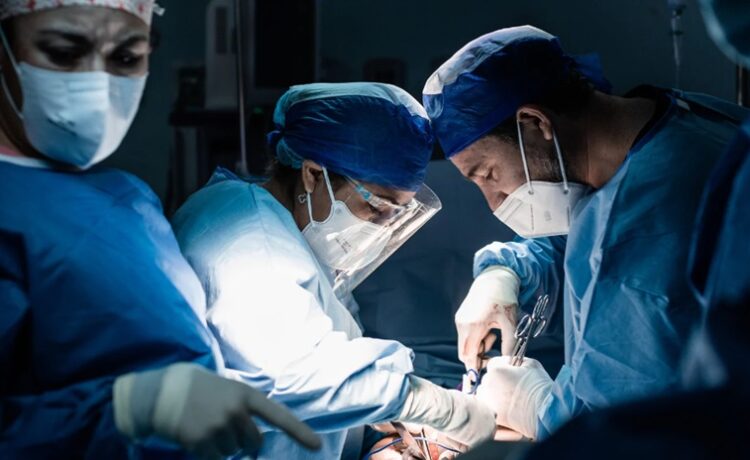Gastroesophageal reflux disease (GERD) is a chronic condition that can significantly impact quality of life. For individuals who do not respond to lifestyle changes and medications, surgical options may be considered. If you’re seeking effective solutions for managing severe GERD, exploring GERD disease treatment in Marietta might be a crucial step. This article delves into the role of surgery in treating severe GERD cases, offering insights into when surgical intervention is necessary and what to expect from various procedures.
Understanding GERD and Its Impact
GERD occurs when stomach acid frequently flows back into the esophagus, causing irritation and discomfort. Symptoms include heartburn, regurgitation, and difficulty swallowing. For many, lifestyle changes and medications effectively manage symptoms. However, these measures are insufficient for some, and more invasive treatments are necessary. Understanding the options available for acid reflux GERD treatment is essential for making an informed decision.
When Is Surgery Considered?
Surgery is generally considered for GERD patients who experience persistent symptoms despite maximum medical therapy. It may also be recommended for those who wish to avoid long-term medication use or who suffer from complications related to GERD. Common indications for surgical intervention include:
- Severe, chronic symptoms unresponsive to medication
- Complications such as esophageal stricture or Barrett’s esophagus
- Profoundly influences daily living and overall wellness.
Types of Surgical Procedures for GERD
Several surgical options are available for treating severe GERD. The choice of procedure depends on individual patient factors and the specific characteristics of the GERD case.
Fundoplication
Fundoplication stands as the predominant surgical intervention for GERD management. In this procedure, the upper segment of the stomach is skillfully encircled around the lower esophagus, thereby strengthening the lower esophageal sphincter. This strategic reinforcement significantly curtails acid reflux. Generally, patients experience a marked reduction in GERD symptoms and a notable enhancement in their quality of life following the procedure.
LINX Device
The LINX Reflux Management System involves placing a ring of magnetic beads around the lower esophagus. This device helps to keep the esophagus closed when not swallowing, preventing acid reflux while allowing normal swallowing. It is a minimally invasive option with promising results for many patients.
Esophageal Reconstruction
In severe cases where GERD has caused significant damage to the esophagus, esophageal reconstruction might be necessary. This procedure involves repairing or reconstructing the damaged sections of the esophagus to restore normal function and reduce symptoms.
Recovery and Lifestyle Changes Post-Surgery
Post-surgery, patients may need to follow a special diet and avoid certain activities to ensure proper healing. Recovery time can vary depending on the procedure, but most patients experience significant symptom relief and improved quality of life following surgery. Adhering to post-operative care instructions and attending follow-up appointments to monitor progress and address any issues is essential.
Conclusion
Surgical intervention for GERD can offer significant relief for those who do not respond to conventional treatments. By understanding the available options and collaborating closely with healthcare professionals, patients are empowered to make well-informed decisions regarding their health. treatment. If you are struggling with severe GERD, exploring GERD disease treatment in Marietta may provide valuable insights into the surgical options available to you.

